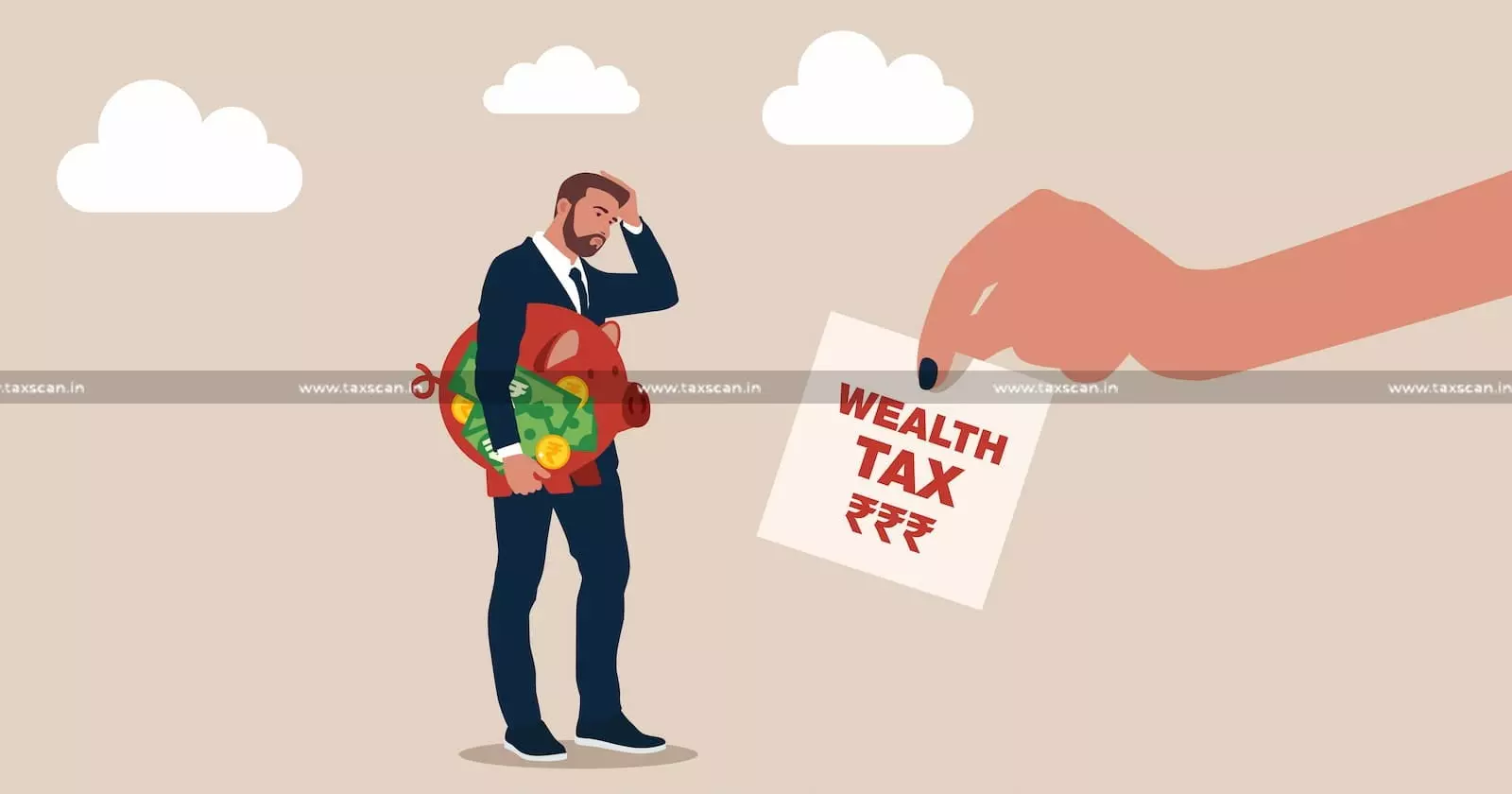France Govt. under Threat of No Confidence Over Proposed Wealth Tax: LVMH Owner Bernard Arnault Warns of Economic Ruin
France faces a political crisis as opposition parties demand a new tax on billionaires in the form of the ‘Zucman tax’.

France’s Prime Minister Sébastien Lecornu is battling to save his government after the opposition Socialist Party threatened to bring a no-confidence motion unless the 2026 budget includes a tax on the ultra-rich.
The government is trying to push through a growing deficit, but the proposal has divided parliament and sparked fierce debate over who should pay for the shortfall.
Also Read: Move Here to PayNo Income Tax: Top Tax-Free Countries in 2025
The Socialist Party, which holds key votes in France’s divided parliament, wants the government to include a new “Zucman tax” in the budget. Named after economist Gabriel Zucman, the plan would charge a 2% yearly tax on entities with wealth above €100 million, targeting about 1,800 of France’s richest households. Supporters say it could bring in €20 billion a year and help cut the deficit without hurting ordinary taxpayers.
“If there is no progress by Monday, it will be over,” Socialist leader Olivier Faure warned, signalling that his party would vote to topple the government if the tax is not adopted.
Prime Minister Lecornu, appointed only weeks ago after his predecessor François Bayrou was forced out over failed cost-cutting measures, has ruled out using constitutional powers to implement the budget plan without a vote. The move of using unchecked constitutional powers has been widely criticized as undemocratic.
Meanwhile, France’s richest man, Bernard Arnault, chairman and CEO of LVMH Moët Hennessy Louis Vuitton, has publicly condemned the idea, calling it “a clearly stated desire to destroy the liberal economy”. Arnault warned that the proposal would be “deadly for France’s economy.”
The proposed wealth tax could cost Arnault, chairman and chief executive of LVMH Moët Hennessy Louis Vuitton which is the majority owner of luxury houses such as Louis Vuitton, Christian Dior, Fendi, Givenchy, Céline, and Marc Jacobs, more than €1 billion a year in wealth tax.
Arnault said he is already one of the country’s largest taxpayers and argued that targeting entrepreneurs and business owners would discourage investment and push capital out of France.
Economists remain divided. Zucman, a professor at the Paris School of Economics, argues that billionaires pay proportionally less tax than ordinary workers and that wealth inequality has reached extreme levels. Critics of the proposed tax, however, warn that a wealth tax could drive the rich to shift their business abroad, hurting the revenue even more.
The government has instead proposed a smaller levy on wealth management holdings over €5 million; the move is expected to raise about €1 billion.
France’s political climate has been dire since President Emmanuel Macron lost his parliamentary majority last year. If the government loses the no-confidence vote, Macron could be forced to dissolve parliament and initiate new elections, deepening the political crisis.
As one economist observed, the battle over the Zucman tax has become more than a budget dispute; it's a fight over whether France will make its billionaires pay more or continue shielding them in the name of economic growth.
If a similar wealth tax were proposed in India, it would spark an equally fierce debate. India had a wealth tax until 2015, when it was abolished for being inefficient and costly to administer. The wealth tax in India raised less than ₹1,000 crore a year while burdening tax authorities with valuation disputes.
Also Read: EuropeanCommission’s 2026 Agenda Highlights Major Changes in VAT, Customs, and EnergyTaxation
Today, the top 1% of Indians hold over 40% of the nation’s wealth according to Oxfam.
Economists often state that a progressive levy on ultra-rich individuals could help fund social welfare and infrastructure. However, in practice, implementing such a tax in India would be complex: asset underreporting, blurred ownership structures and the risk of capital flowing out of the nation would definitely deter the Government from such adverse steps.
For now, India continues to rely on capital gains and surcharge mechanisms on high incomes rather than direct taxation of wealth.
Support our journalism by subscribing to Taxscan premium. Follow us on Telegram for quick updates


